Quota System : India & Bangladesh

Cause of Commencement
To make right past injustices as well as societal disparities, quota systems have set up in Bangladesh and India. The Indian Constitution developed the reservations system for Scheduled Castes (SCs), Scheduled Tribes (STs), and Other Backward Classes (OBCs) with the objective of encouraging these marginalized groups of people. They have experienced millennia of intolerance – suffered from lack of availability of possibilities in either higher learning or job creation. Quotas have implemented in India & Bangladesh in order to promote diversity to provide underrepresented groups—such as women and ethnic backgrounds minorities—opportunities.
Read Also : https://elegantnewz.com/5th-anniversary-article-370-in-kashmir/
Relevance of Quota System in Present Ages
The quota system is still a controversial but important tool for promoting equitable society in modern times. Proponents contend that since numerous marginalized populations remain to face disparities in socioeconomic status. It is necessary for levelling levels of competition. Due to organizational impediments, quotas in government employment and educational institutions empower these underprivileged groups to make use of advantages on possibilities. These might not have been available to them.
Figure 1: Quota System in India
Critics argue, however, that the quota system compromises egalitarianism by encouraging reliance and possessing a likelihood of resulting in discrimination in the opposite direction. They contend that a comprehensive assessment has conducted to guarantee. The fundamental root causes of inequality are tackled while averting the development of fresh interpersonal divisions.
Effects on Youth in Education and Job Sector
Youth employment and education have significantly affected by the quota system. In order to facilitate upward social mobility, it gives many members of reserved groups vital access to higher education and jobs. Frustrations as well as a sense of inequality have nevertheless generated by this system’s fierce competition among general category candidates for restricted seats as well as positions.
Figure 2: Main Objective of Quota System
Moreover, the enforcement of quotas can negatively impact the spirits of employees and students. They do not fall under the quota because they get the impression that merit has compromised. Social cohesiveness can decline as the consequence of rifts as well as animosity between different social categories.
Future Consequences of the Quota System in India and Bangladesh
Achieving a balance between meritocracy and social justice would be crucial to the future of the quota systems in Bangladesh and India. To guarantee that the system is still equitable and relevant, there is a growing cry for revisions. Possible changes to the system could be introducing economic-based quotas, changing the criteria for reserves, or improving programs. These help all underprivileged people develop their skills and get scholarships.
Figure 3: Quota System in Bangladesh
(Source: https://www.aljazeera.com/news/2018/5/14/bangladesh-students-demand-abolition-of-job-quota-system )
The quota system is an instrument for social improvement indefinitely if it is properly implemented. It might, however, worsen societal unrest and impede the advancement of both countries if left unregulated or unchanged. Thoughtful discussion and legislation that tackle current issues while upholding the system’s original goal of advancing justice and equality will be necessary to find lasting answers.
Must Read: https://elegantnewz.com/mary-kom-paris-olympics-2024/







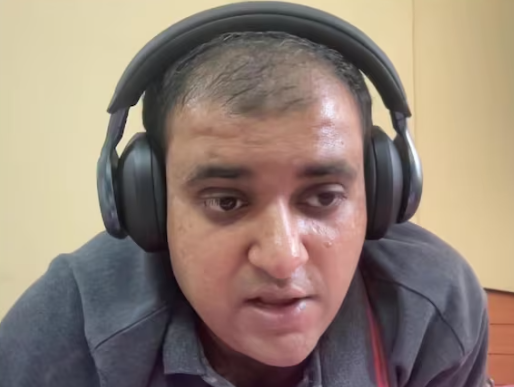








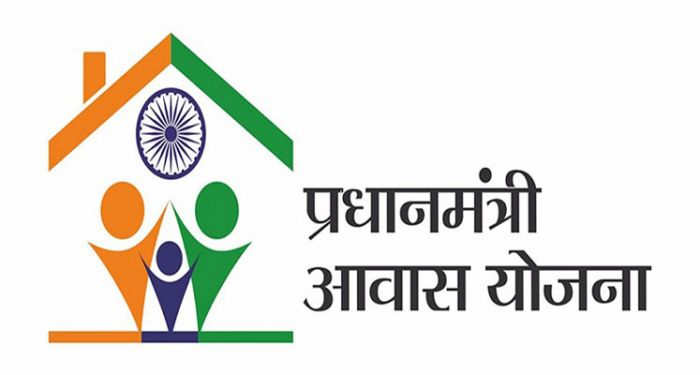










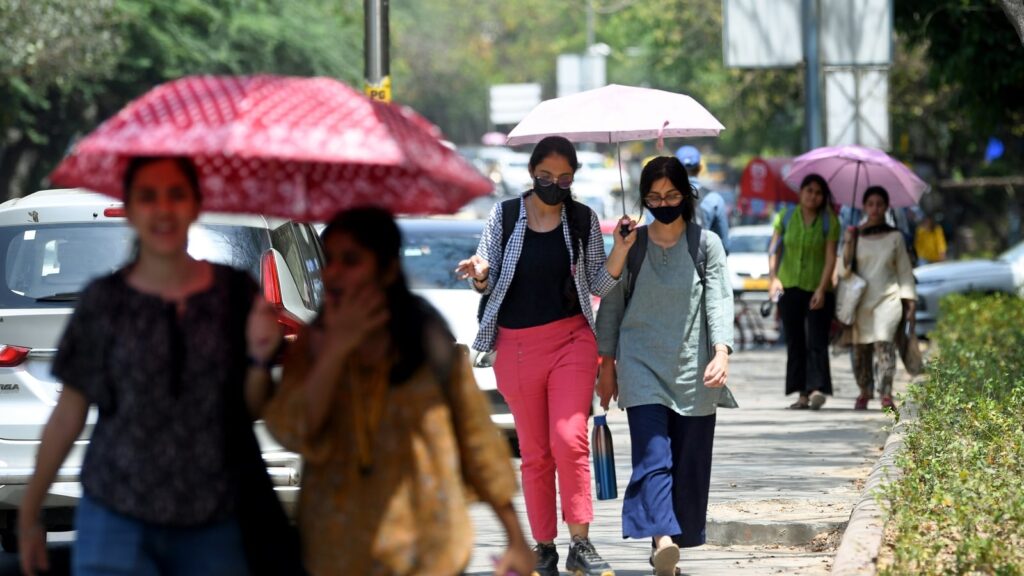













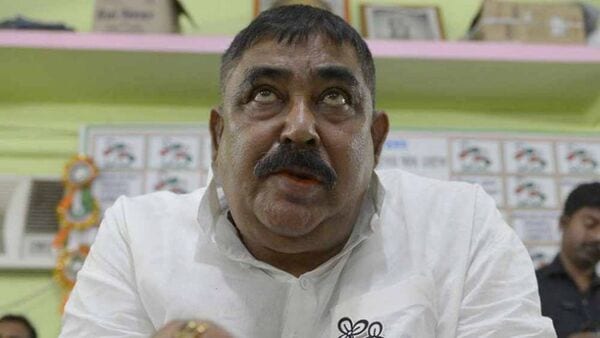
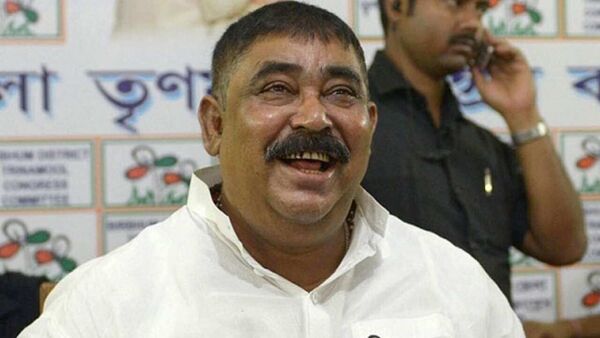
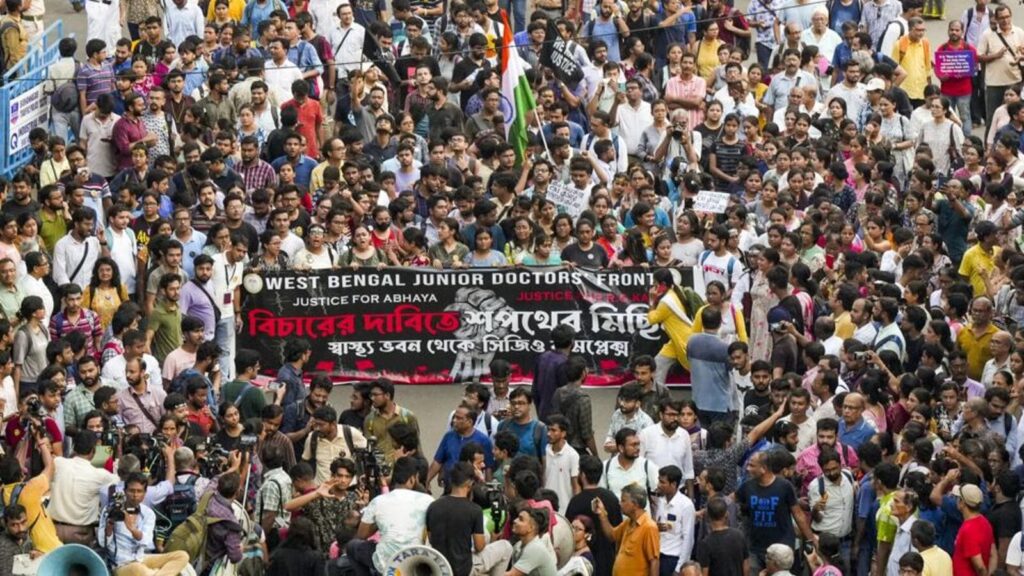
















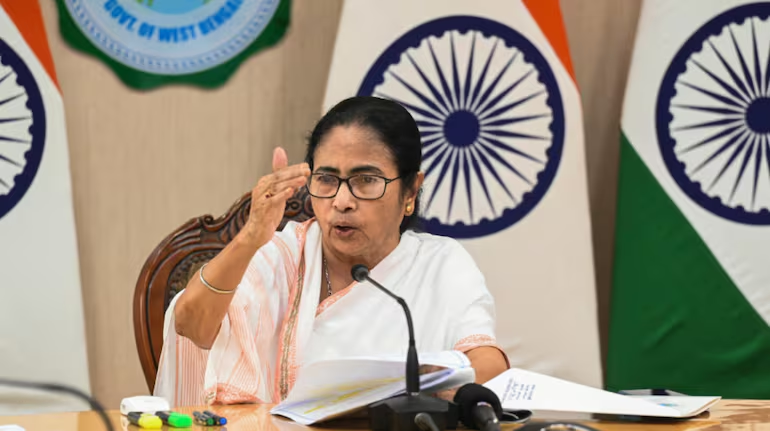
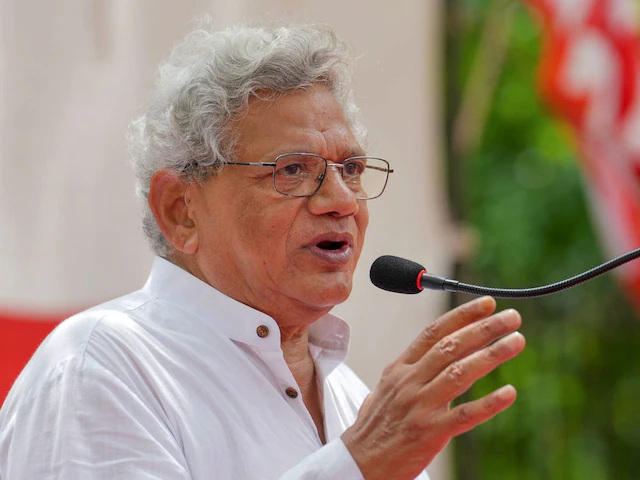





















































































































































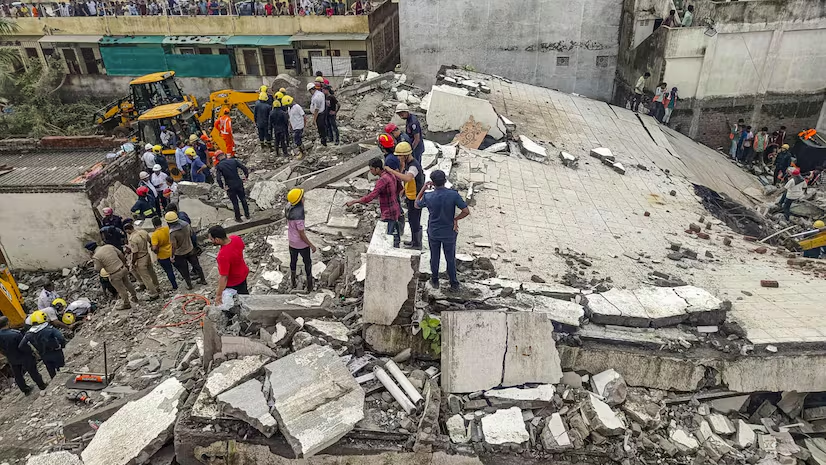










Feeling Sleepy: Riding Cars - Elegant Newz
08th Aug 2024[…] Quota System : India & Bangladesh […]
Vinesh Phogat: Retirement from Wrestling - Elegant Newz
10th Aug 2024[…] Quota System : India & Bangladesh […]